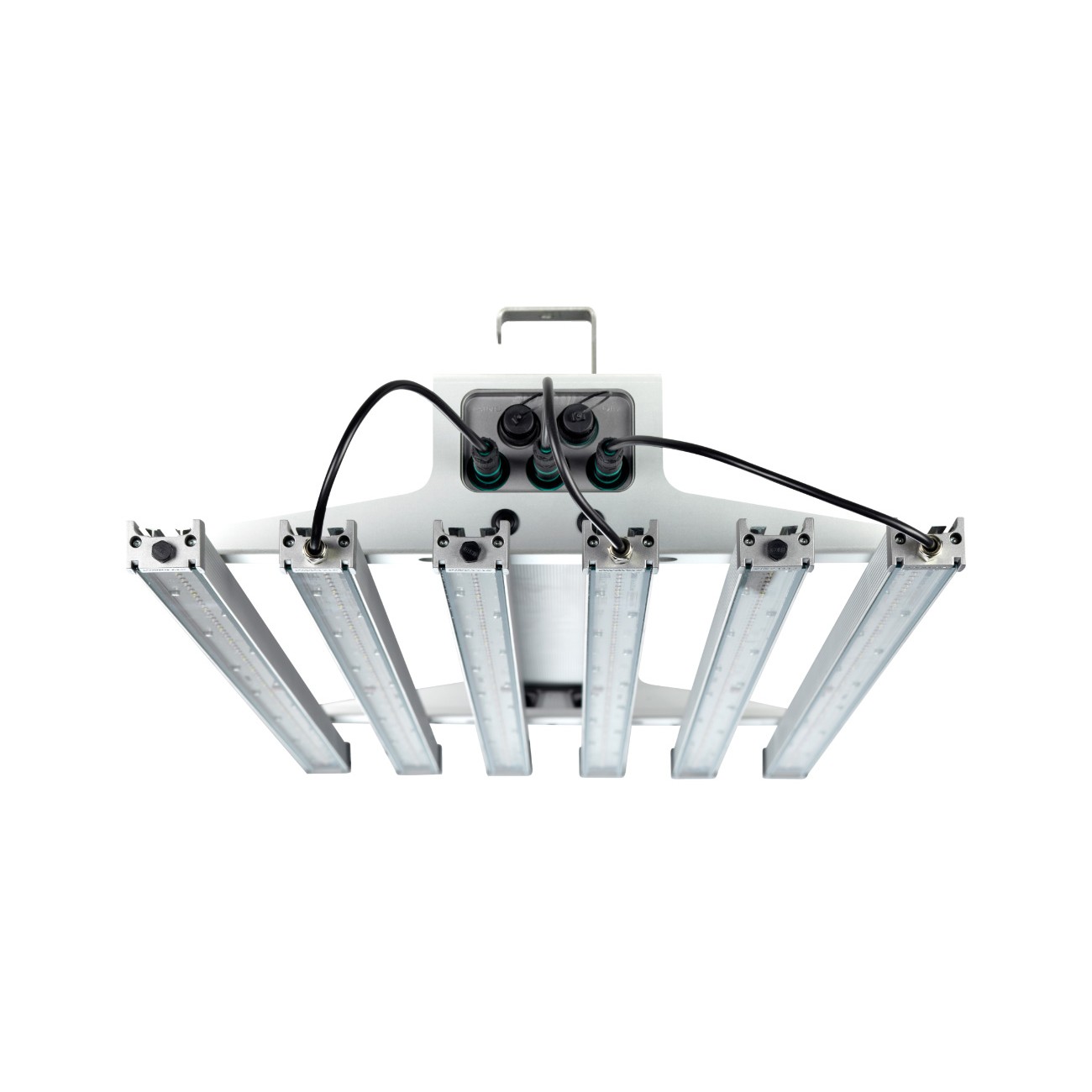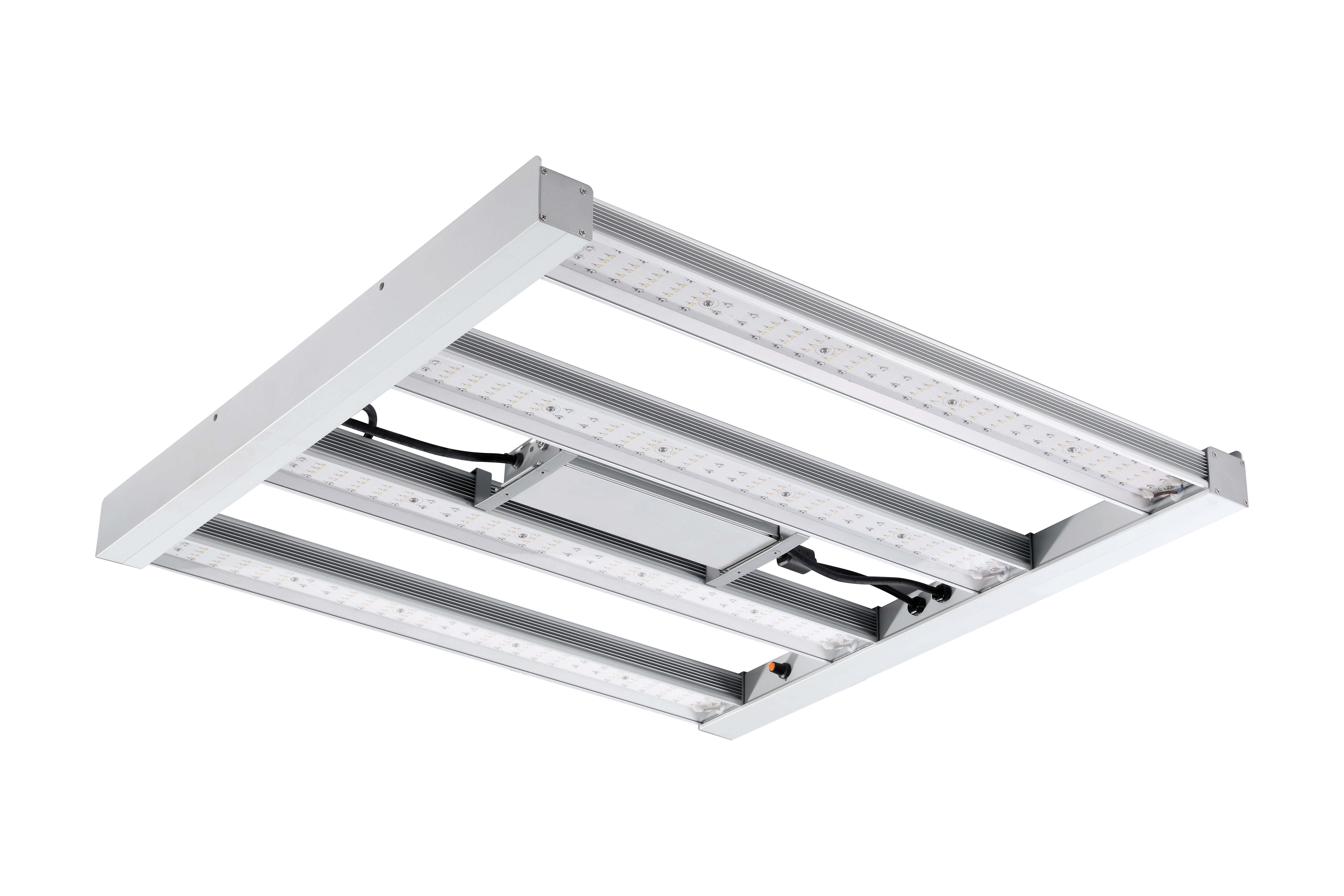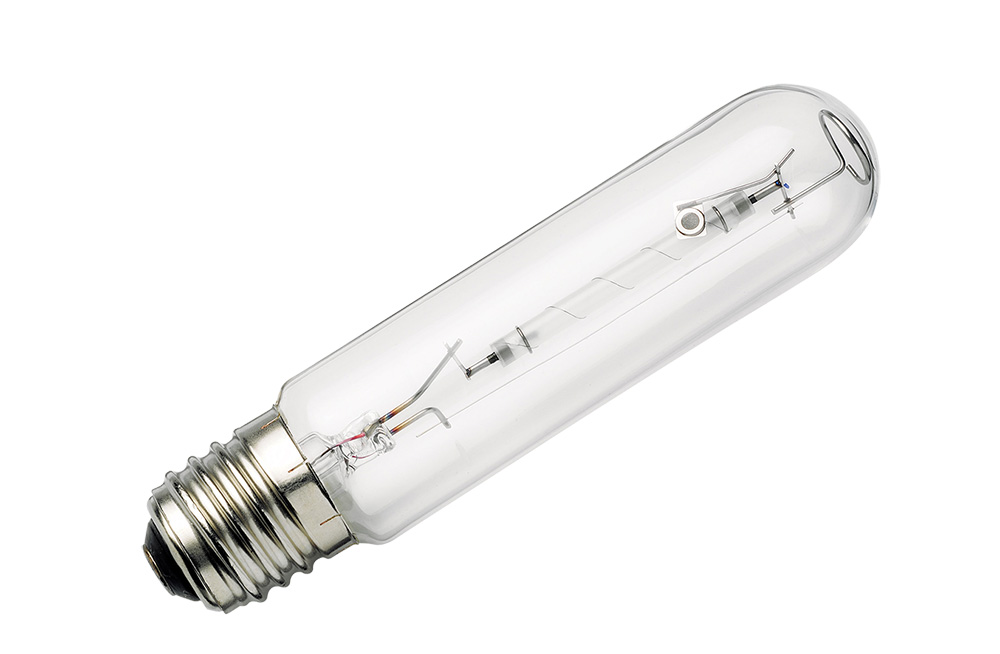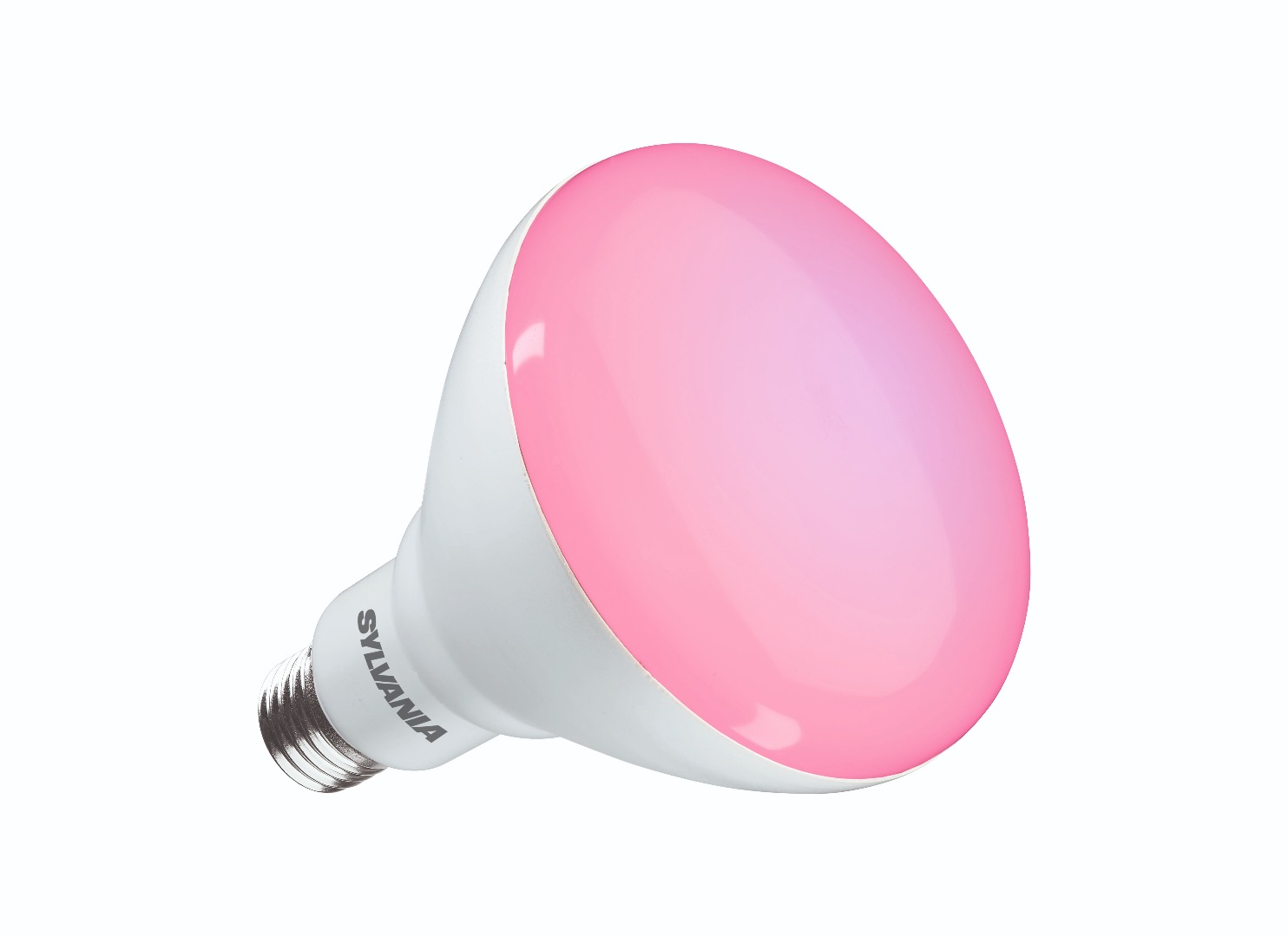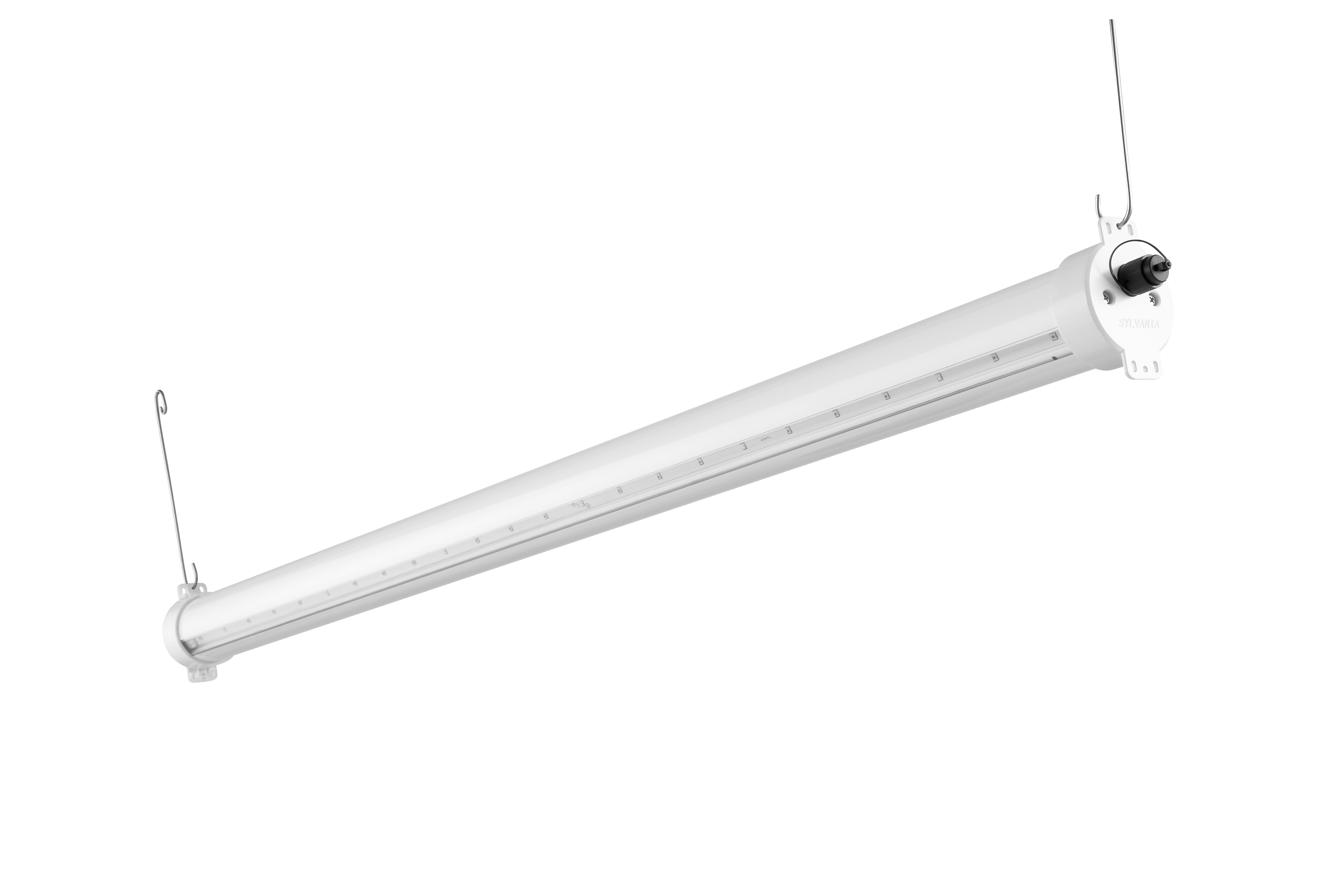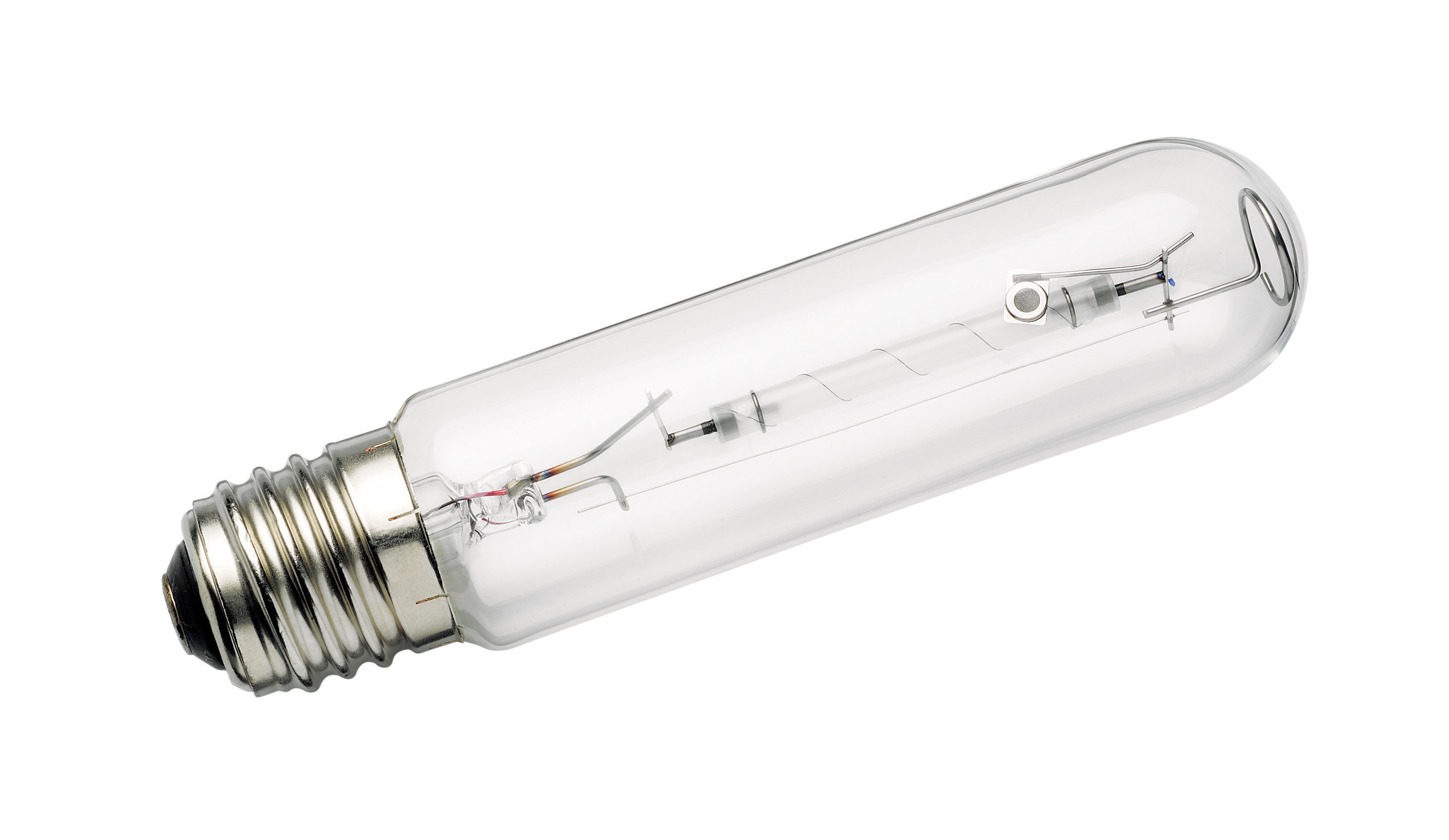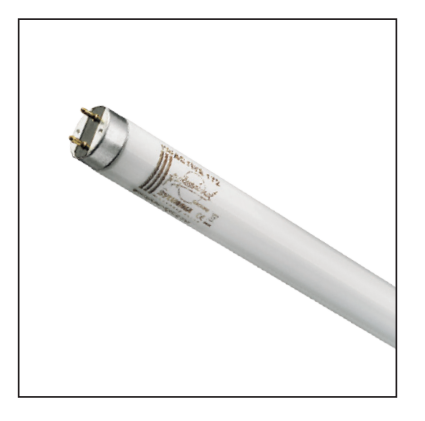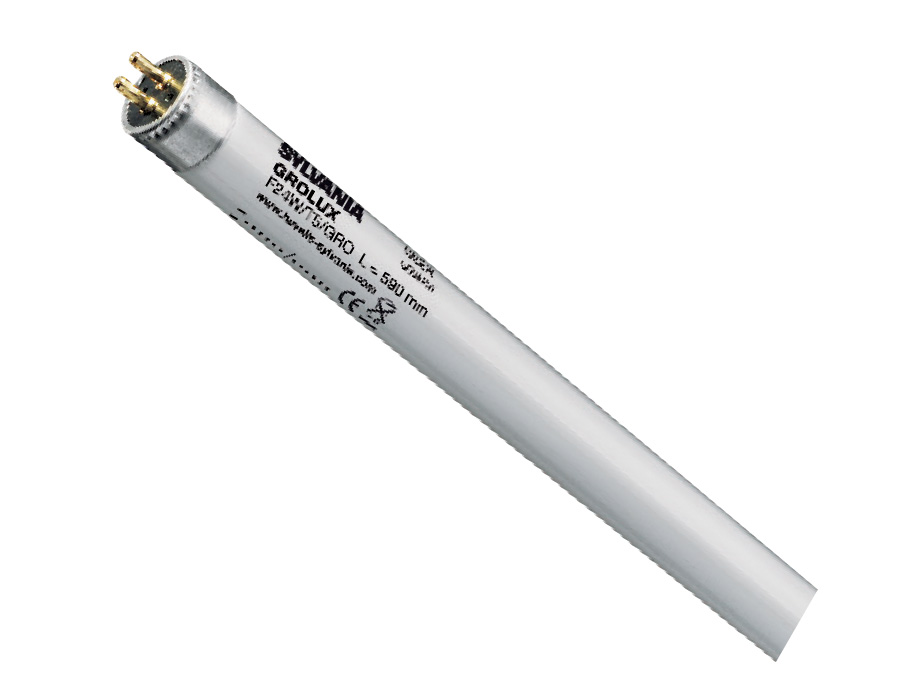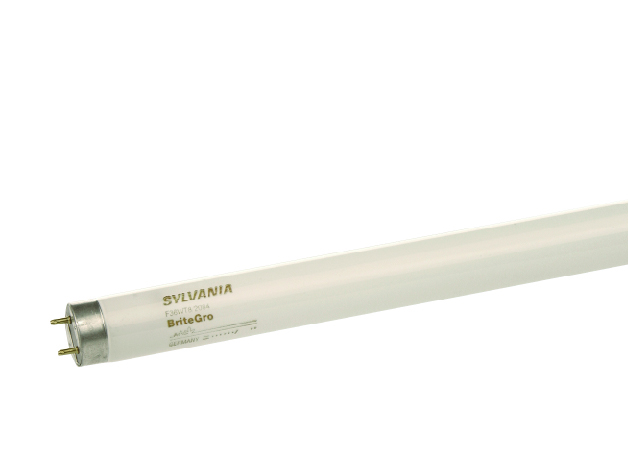Horticultural Lighting
The Importance of Light
The demand for horticulture products has never been higher with growing populations, rising food prices and the desire for fresh, organic, all year-round crops.
The rapidly exponential growth of horticultural indoor farming is due to increased modern requirements and demands. It gives growers control of year-round crops that are not affected by weather conditions and at times, extreme temperatures.
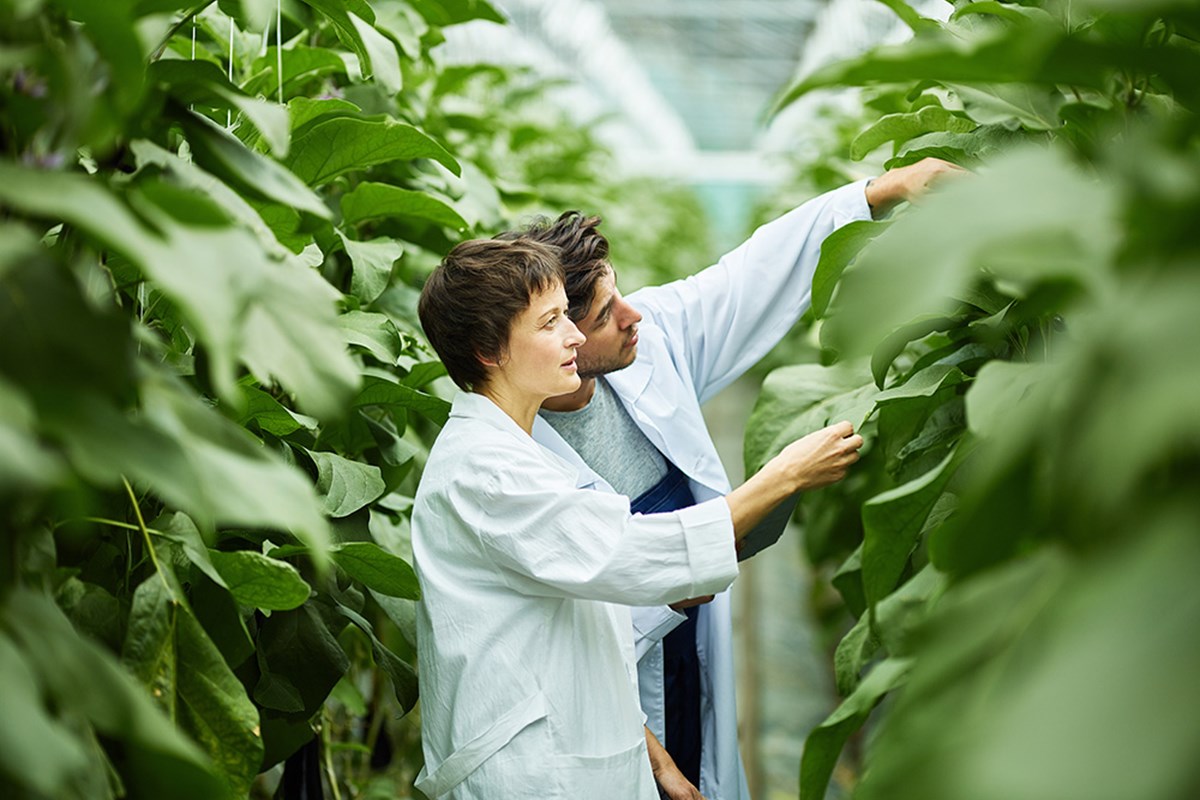
Over 60 years of experience in Horticultural solutions
Following Sylvania's invention of the world's first light sources for plant growth in 1959, we have maintained a passion for excellence in product design and performance.
Our Gro-Lux® lamps have achieved among the highest sustained photosynthetic efficiencies in the world and that same technical leadership, along with our expertise in fixtures, has now been applied to LED technology.
Click on the pictures below to learn more about each product within Sylania's range.
Application areas
Greenhouses
Potato chitting
Shelf lighting
Photoperiodic lighting
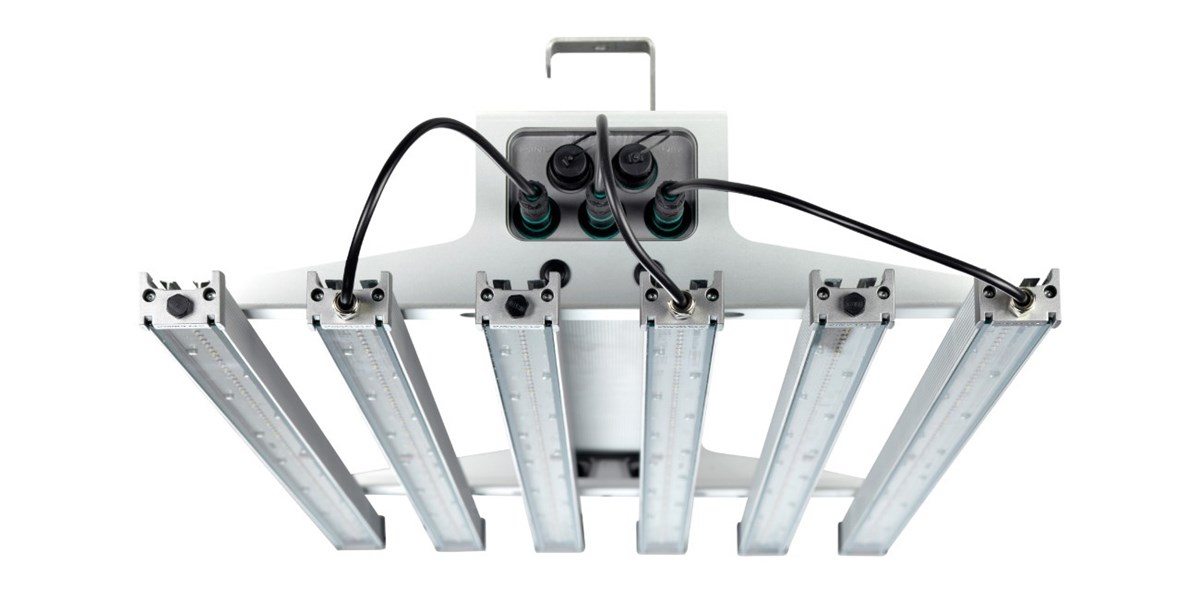
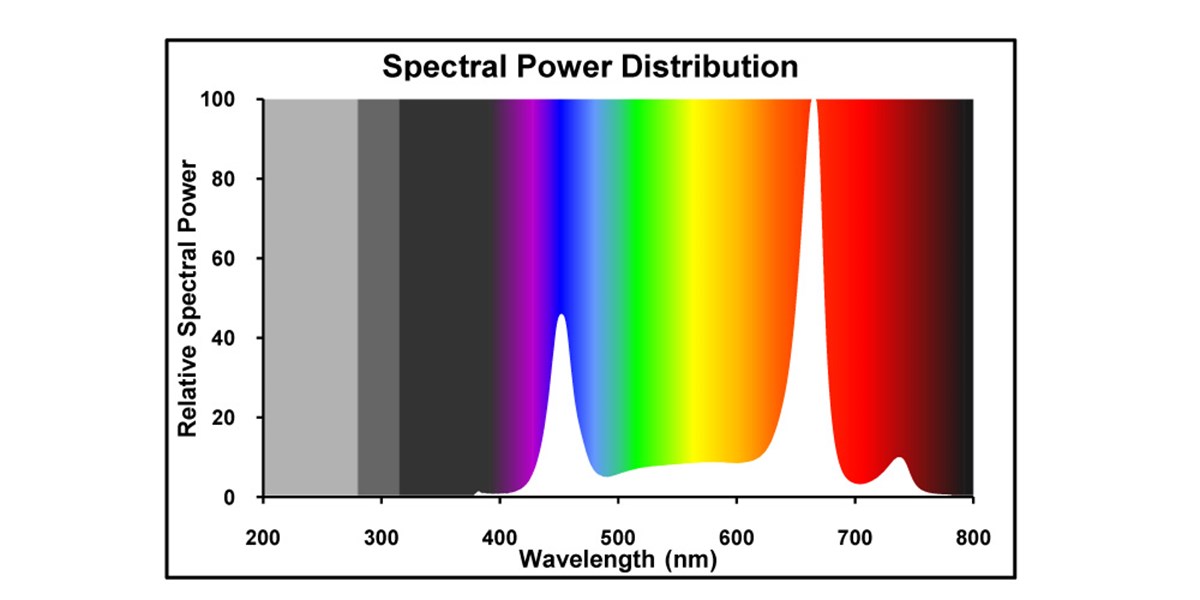
Quality of Light
This plant growth lighting system produces the proper balance of blue, red and deep red energy needed for optimal plant growth, and maximises output in these areas. The system is designed to provide this energy for plants, and for no other purpose.
Stimulating growth with Sylvania's horticultural lighting
- Higher Plant Yields A plant growth lamp/fixture produces the proper balance of different wavelengths needed for plant growth
- All year round crops Horticultural indoor farming ensures that the increasing demand for products is met
- Sustainable Grow lights can be used in places previously unsuitable for growing and create a controlled environment, reducing the environmental impact
- Grow lights can either supplement natural daylight or replace it entirely in greenhouses or vertical farming
- Adjustments can be made to the lighting to produce healthier plants
- Close monitoring of lighting effects can maximise crop yields
- Improvement in operating costs can be achieved through energy savings and greater efficiencies
- Spectrum needs can be altered throughout the plant's growth cycle
- Grow lights can be used in places previously unsuitable for growing food
- Lighting for horticultural applications can reduce environmental impacts like the need for agricultural land, water and pesticides as well as lowering transportation miles and the associated carbon footprint

Download Brochure
Contact Sylvania's SPG team for further information: Horticulture@Sylvania-lighting.com

